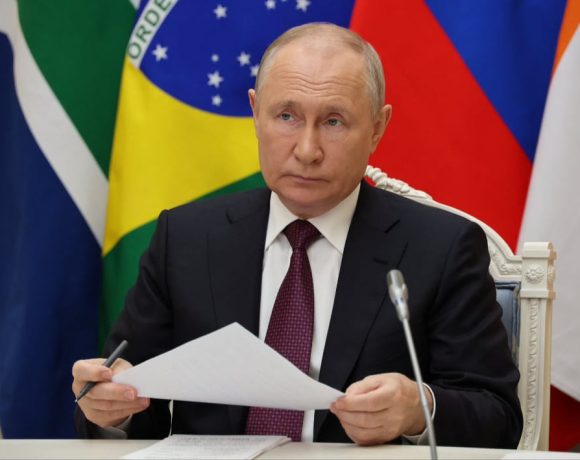
Elon Musk Exits Trump Administration Over Bill Row
Elon Musk has officially concluded his role in the Donald Trump administration after serving as a special government employee heading the Department of Government Efficiency (DOGE). His 130-day term, permitted under federal law, came to an end amid growing tensions over the administration’s fiscal policies. Musk thanked President Trump for the opportunity and expressed hope that efforts to improve efficiency would continue.
The role, established as part of Trump’s unconventional approach to governance, tasked Musk with identifying and reducing bureaucratic waste. Though initially supportive of the initiative, Musk’s stance shifted dramatically with the introduction of a new spending package.
Clash Over Trump’s “Big Beautiful Bill”
Musk’s decision to step away came shortly after President Trump introduced what he described as the “Big Beautiful Bill,” a massive fiscal proposal aimed at revitalizing key sectors. Musk was quick to criticize the bill, calling it contradictory to the goals of DOGE. He remarked that while something can be “big” or “beautiful,” rarely is it both—especially when it leads to an increase in the federal deficit.
This public disagreement highlighted a growing rift between Musk and the Trump administration, particularly on matters of economic governance and federal spending priorities.
Focus Returns to Tesla, SpaceX, and xAI
With his government role now behind him, Musk has stated he will refocus on his primary ventures—Tesla, SpaceX, and the recently launched artificial intelligence company xAI. Investors in these companies had expressed concern over Musk’s increasing political involvement, fearing it could distract from core business objectives.
While the Trump administration maintains that DOGE will continue its mission without Musk, it remains unclear whether the initiative will retain the same momentum or credibility without its high-profile figurehead. The episode adds another chapter to Musk’s unpredictable engagement with U.S. politics and governance, raising fresh questions about the intersection of tech leadership and public policy.


















